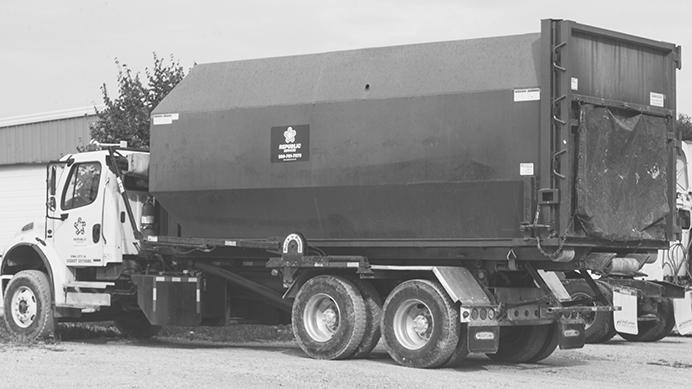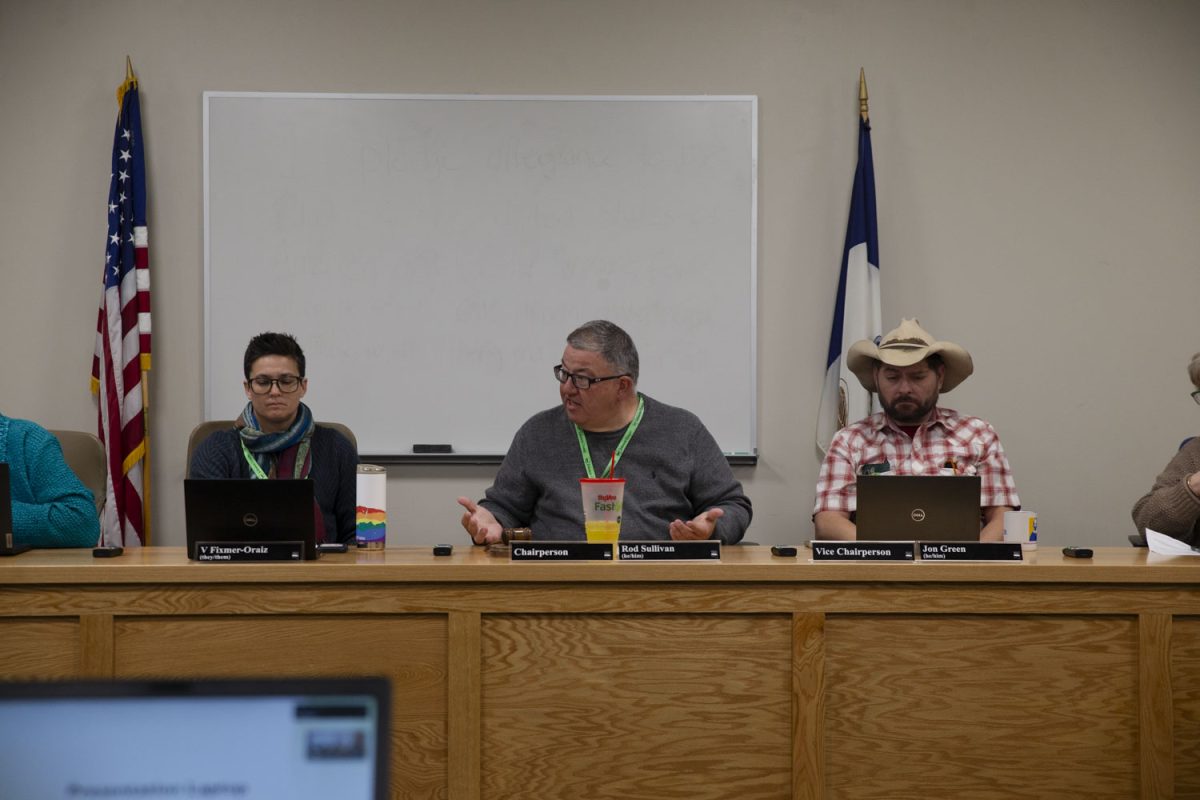New legislation aims to protect the safety of waste and recycling workers.
By Charles Peckman
Legislation that will take effect July 1 targets workers in the waste and recycling industries whose safety many drivers continually put at risk.
Former Gov. Terry Branstad signed the bill on April 20 that would protect such employees. House File 314, Iowa’s version of the “Slow Down to Get Around” law, requires motorists to slow down and exhibit caution when interacting with these vehicles.
The bill requires motorists to change lanes if possible and operate with caution around utility vehicles, similar to the caution drivers must exercise while traveling through construction zones or passing stopped public-safety vehicles.
The bill was cosponsored by Rep. Rob Taylor, R-West Des Moines, and Sen. Roby Smith, R-Davenport. Iowa is now among 16 states that have adopted some form of “Slow Down to Get Around.”
Anthony Hargis, the safety director of the National Waste and Recycling Association, said he is glad the law has been adopted in Iowa.
“Most people view [utility vehicles] as scenery, just like post-office vehicles,” Hargis said. “Everyone knows they’re going to stop, but at the same time, we have workers collecting from both sides of the truck with lights flashing to warn people they are there.”
It is unfortunate that many drivers have this oversight, Hargis said, noting that although waste-management companies have safety policies, it is almost impossible to control drivers. He believes the bill will help counteract the public’s nonchalance toward utility vehicles.
“This industry has the fifth-most casualties,” Hargis said. “It’s part of our strategic initiatives to get us off that list.”
He is disheartened by the number of incidents involving utility vehicles, he said.
“One of the things I do is Google search incidents related to our vehicles,” he said. “Once a week, we get someone who hits one of our trucks. Workers are in their workplace when they are hit, and although [the workers] look out for people, most drivers are not.”
Lyle Vander Meiden, a co-owner of Midwest Sanitation and Recycling, said in a press release he agrees the safety of waste and recycling collectors is of the utmost importance.
“All motorists are to exercise caution and must slow down to get around waste and recycling vehicles, which will save lives and prevent unnecessary accidents and injuries,” he said. “Our focus now turns to raising awareness of the new law and educating residents of the dangers that collection workers face daily on our roadways.”
Jessica Mayorga, who works with the National Waste and Recycling Association, said the number of injuries and death in the waste collection industry is unfortunate.
“Unfortunately, we face too many injuries in our line of work, especially those on the back of trucks who are hauling trash,” Mayorga said. “We had an employee lose a leg — a distracted driver hit him and took it off. He’s currently on his 34th surgery to save his other leg. He was part of a group of people who motivated Wisconsin to pass the legislation.”
Mayorga said she thinks it is great that 16 states have adopted a form of “Slow Down to Get Around,” noting that the bill “helps educate those who may not realize the amount of danger present in this line of work.”







